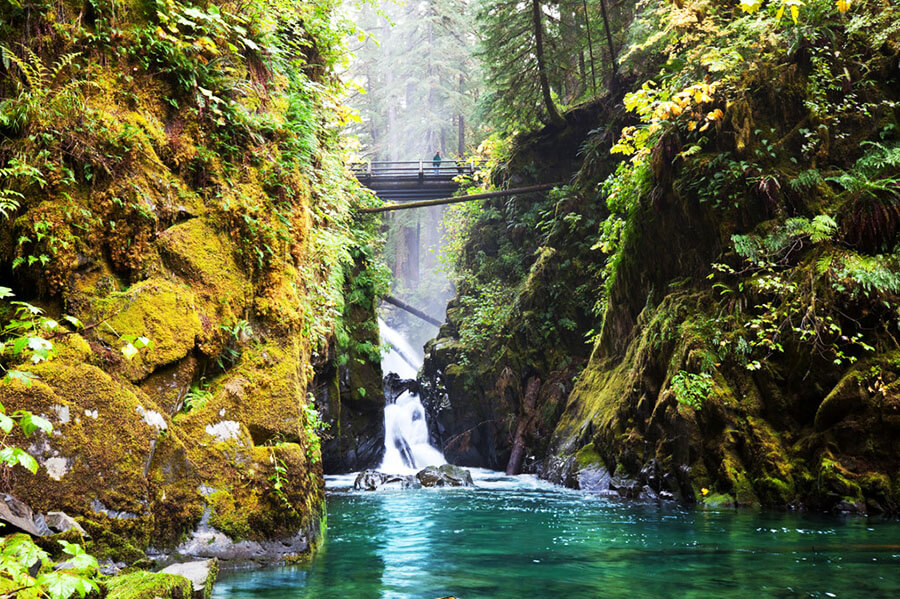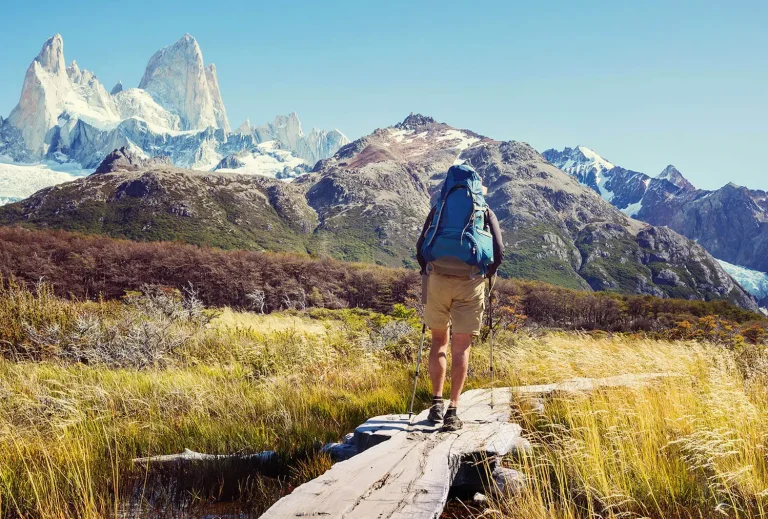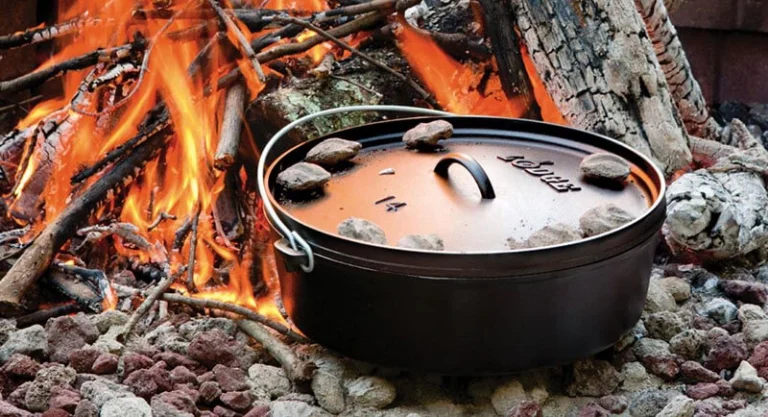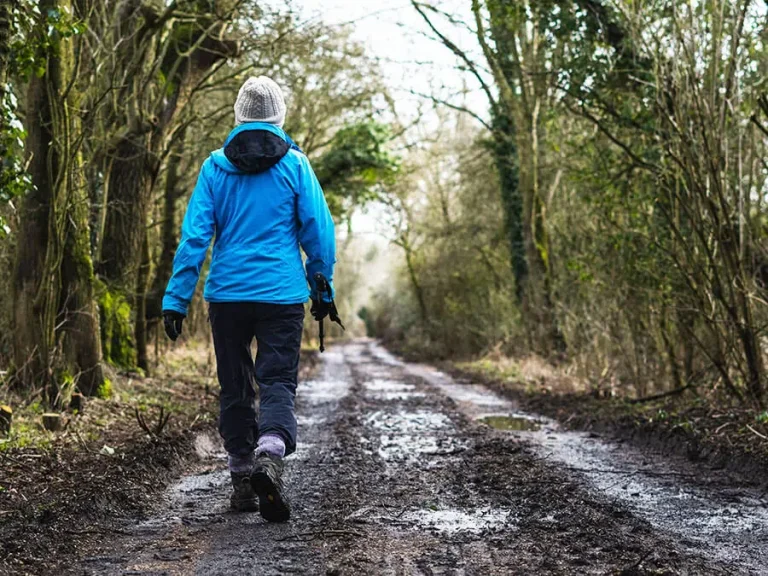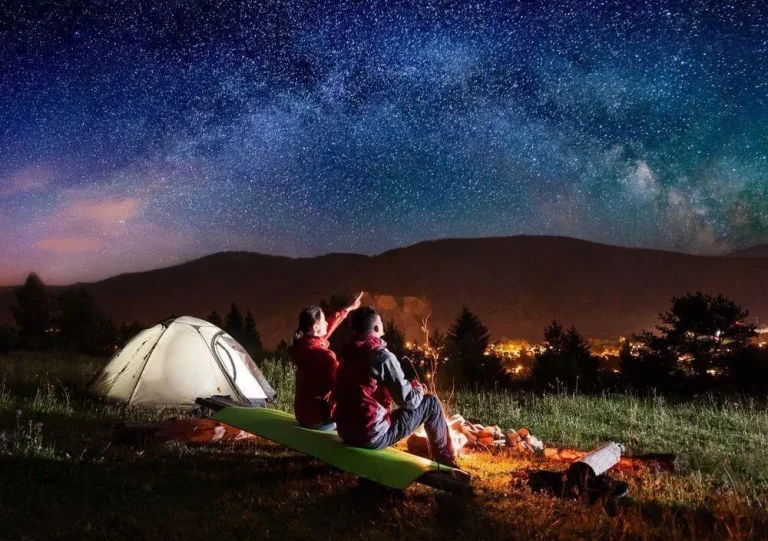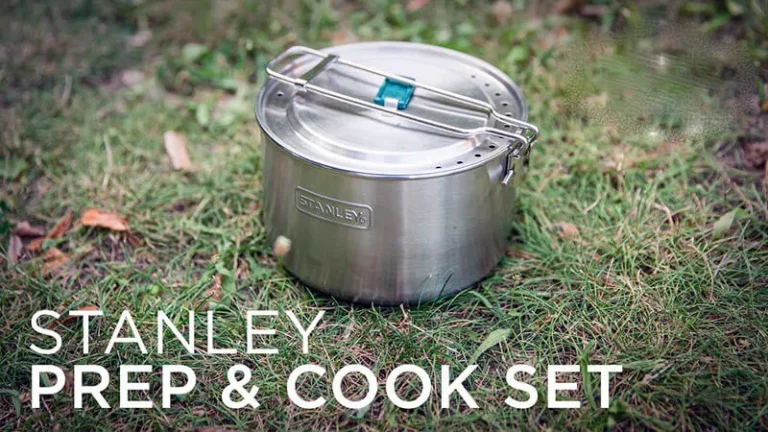Leave No Trace Seven Principles
When it comes to outdoor ethics, it’s important to know and follow the Leave No Trace Seven Principles. These guidelines help to minimize our impact on the environment and ensure that we can all enjoy the great outdoors for generations to come without harming the environment.
Who Should Use the Leave No Trace Seven Principles?
Well, everyone! But seriously, if you enjoy spending time in the great outdoors, you should follow the Seven Principles to help keep our wild places wild.
The seven principles of leave no trace are:
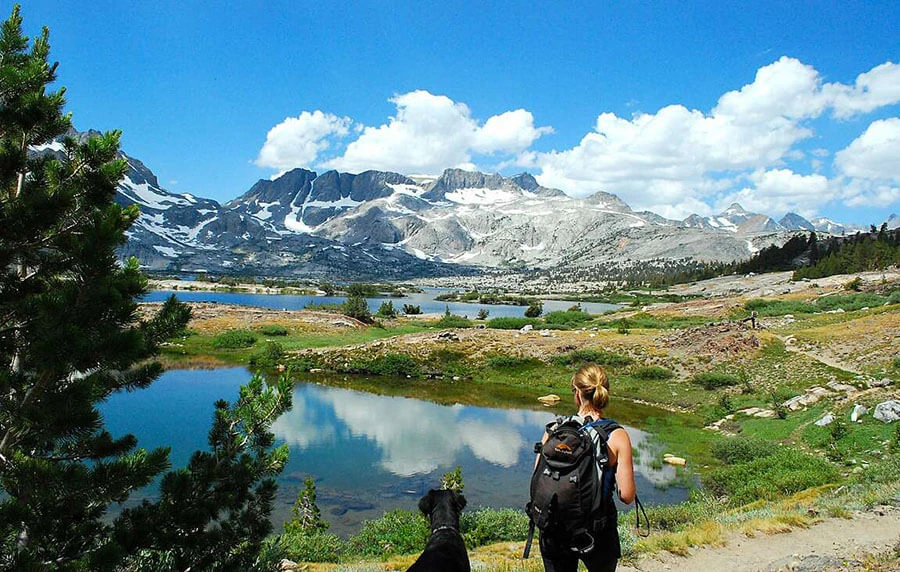
1. Plan Ahead and Prepare
2. Travel and Camp on Durable Surfaces
3. Dispose of Waste Properly
4. Leave What You Find
5. Minimize Campfire Impacts
6. Respect Wildlife
7. Be Considerate of Other Visitors
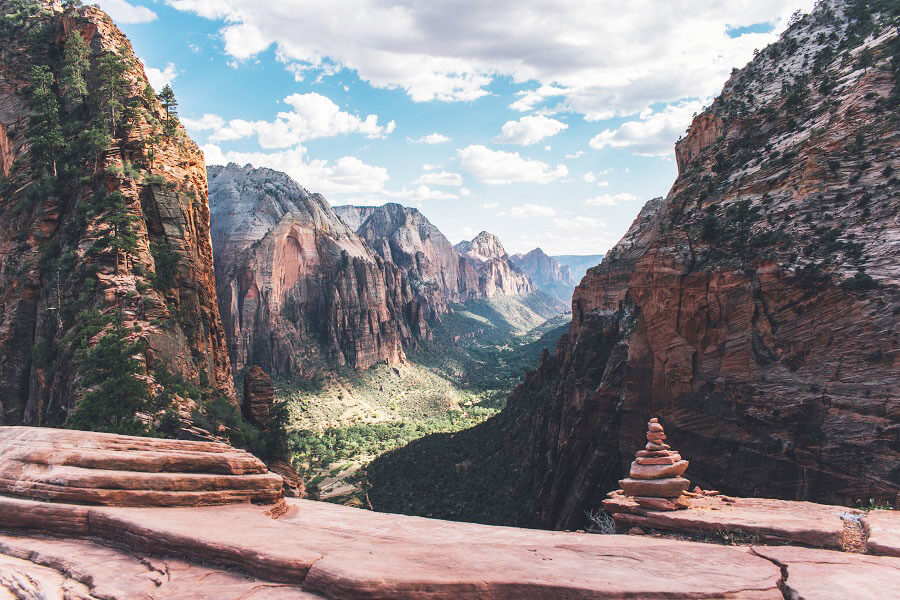
Let’s take a closer look at each one of these principles.
Plan Ahead and Prepare: This principle is all about being prepared before you head out into the backcountry. Know the area you’re going to be hiking in. what the weather conditions are like, and what you need to bring with you. The better prepared you are, the less impact you’ll have on the environment.
Travel and Camp on Durable Surfaces: When you’re out hiking, try to stick to durable surfaces like established trails and campsites. This will help to prevent erosion and damage to vegetation. If there are no established trails or campsites in the area you’re hiking, be sure to camp at least 200 feet away from water sources. Do not hammer nails into trees, and move through natural areas only with care. Avoiding damage to the land.
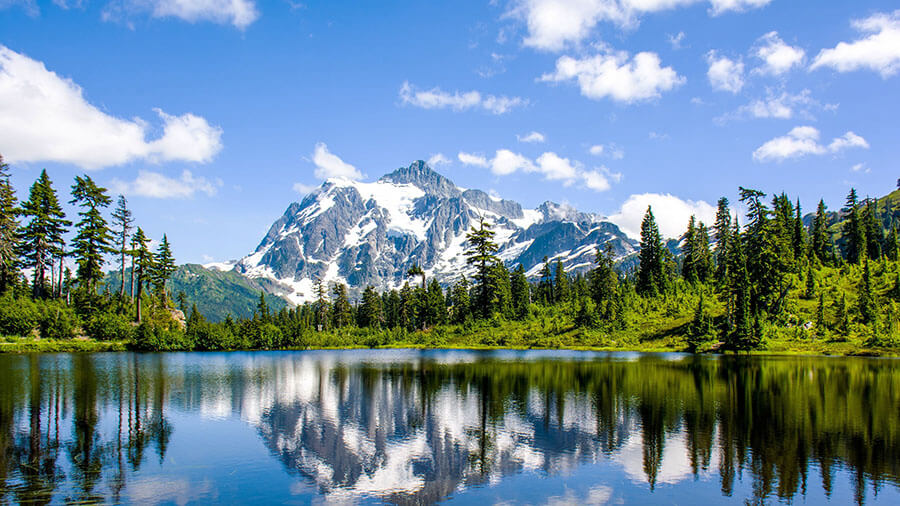
Dispose of Waste Properly: This one is pretty self-explanatory. When nature calls, be sure to dispose of your human waste properly. If you’re packing it out, bury it in a cathole 6 to 8 inches deep. If you’re able to use a toilet, do so. And always pack out your toilet paper! Use small amounts of biodegradable soap instead of the chemical dishwasher. Your trash should be at least 200 feet away from streams or lakes to preserve the environment.
Leave What You Find: This principle is all about respecting the natural world around us. Leave rocks, flowers, and other natural objects where you find them. Taking only pictures and leaving only footprints is a good rule of thumb to follow. And be warned that in most areas it is illegal to remove natural objects. Please enjoy the outdoors responsibly and Stay on the trail.
Minimize Campfire Impacts: If you do build a campfire, be sure to use established fire rings. If there are no fire rings available, build your fire on a bare spot of ground. Be sure to fully extinguish your fire before you leave. Although best practices ask you to use a lightweight stove for cooking instead of firewood. And never leave a campfire unattended!
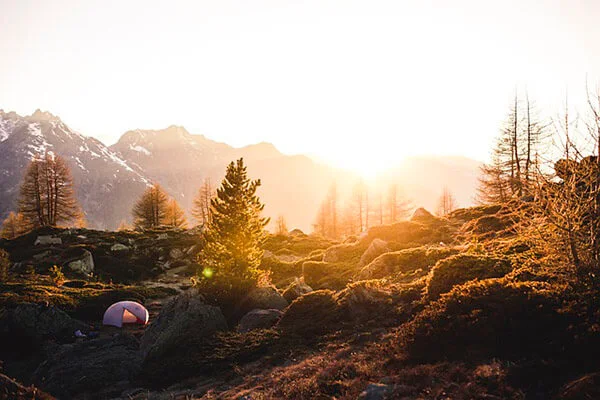
Respect Wildlife: When you’re out in nature, remember that you’re sharing the space with other creatures. Give them their space and don’t approach them. Never feed animals in the wildlife, as this can lead to them becoming dependent on humans for food and alter natural behaviors.
Be Considerate of Other Visitors: This principle is all about being respectful of other people who are enjoying the outdoors. Be courteous and avoid making loud noises, keep the noise to a minimum. Do not disturb the peace. If you’re hiking in a group, be sure to spread out so you’re not all bunching up on the trail. Leave no trace and take only memories!

